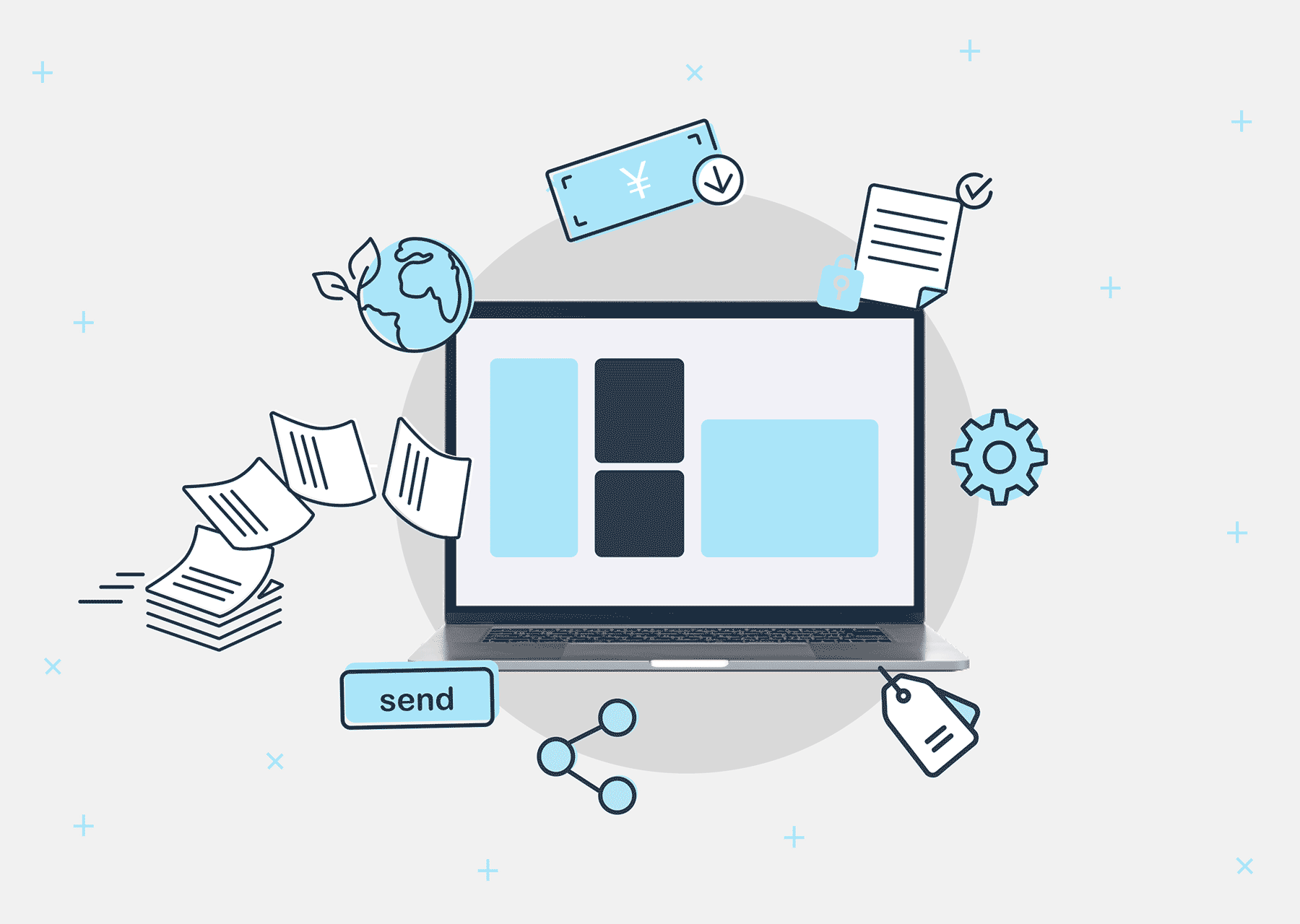release:
update:
The Differences between Digital and Paper Contracts, and Why You Should Digitize Your Paper Contracts

Table of contents
Traditional contracts use pen and paper. However, the spread of remote work and online business has made this model untenable.
Therefore, electronic contracts are attracting more and more attention. This article will introduce the differences between digital and traditional contracts, as well as the advantages of digitizing all of your paper contracts.
.
If you are considering introducing electronic contracts, please read below for some helpful information.
What are the differences between digital and paper contracts?
While oral contracts are a real thing, they are considered weaker than written ones. Indeed, written contracts can reduce your legal risks in the future. Traditionally, these written contracts are drafted and signed by one party, and then all other parties read and sign the contract thereafter.
However, remote work and the goal of a paperless office have made this model obsolete. Electronic contracts remove the obvious disadvantages of paper contracts, which is why they are gaining in popularity.
Electronic contracts and e-signatures allow businesses to conclude contracts online without ever needing to meet in person.
Under the Electronic Signature Law, e-signatures are now considered legally equivalent to handwritten signatures and seals. Thus, electronic contracts are now recognized as legally enforceable.
More and more companies are adopting electronic contracts because they do not require handwritten signatures or seals. Therefore, they can be completed entirely online.
The advantages of digitizing contracts
While you have probably used an e-signature before, and found the whole process simple, you might not be fully aware of all the advantages of electronic contracting.
Here are three main advantages to digitizing your contracts.
The contracting process can be made more efficient than it is now
Paper contracts involve the process of printing the original document, binding it, putting a seal on it, and sending it to the other party. In addition, the other party has to sign and seal the document and then send it back . All of this work means that it can take considerable time to conclude a contract.
However, with electronic contracts, the entire contracting process can be done online, eliminating the need for printing, binding, and mailing.
The time you used to spend on contract work is reduced, which means you have more time for your core duties.
Furthermore, the other party does not have to deal with the hassle of returning the contract. Smoothing the contracting process can only be beneficial to you, your partners, and your clients.
Since there is no need to mail the contract, you can reduce the cost of printing, mailing, envelopes, and so on.In Japan, paper contracts are taxable documents, but electronic contracts do not fall under the category of taxable documents, thus eliminating the need for revenue stamps and cutting down on stamp taxes.
Even this small cost can become substantial when you add up all of the contracts you process annually. Thus, switching to electronic contracts can lead to a significant cost reduction.
Strengthen compliance
Electronic contracts allow you to manage data in the cloud.
Since you can manage the status of your contracts in detail, you can prevent problems such as failure to conclude the contract, lost contracts, and missed contract cancellations or renewals.
Restrictions on viewing privileges and backups are also available for risk management.
By strengthening compliance through electronic contracts, a company’s credibility and sense of security will increase.
Make contracting smoother with electronic contracts
This article introduces the advantages of e-signatures and electronic contracts.
Paper contracts require a lot of work and have many associated costs, from printing the contract to mailing it.
After the agreement is returned from the other party, you are still left with the tasks of filing and storing the documents, which have associated aggravations.
On the other hand, with electronic contracts, the process up to the signing of the contract can be omitted, and the data is stored in the cloud, making it easy to manage your contracts after they have been signed.
SignTime is an e-signature service that is developed with an emphasis on ease of use.
You can upload documents, easily set up the necessary fields with our drag and drop feature, and draft electronic contracts in minutes.
The status of the contract can be monitored in real time, and reminder emails can be sent to business partners who have not yet reviewed the contract.
